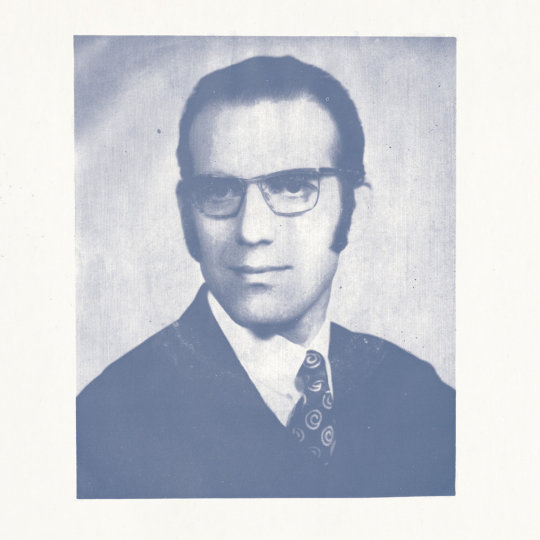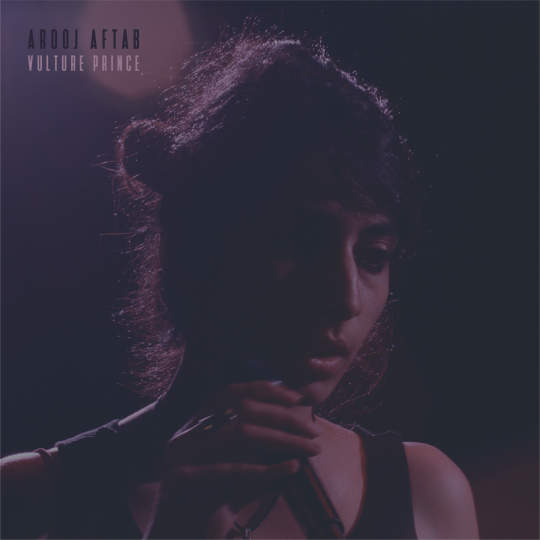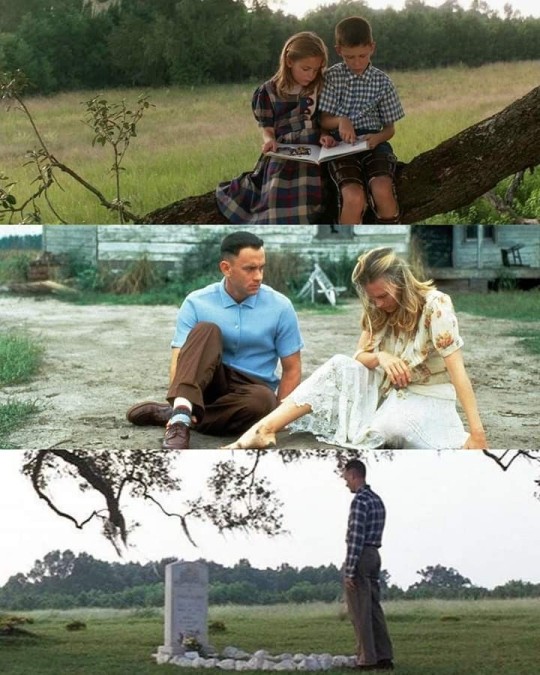#urdu music
Explore tagged Tumblr posts
Text
Disco Deewane by Nazia Hassan is very Discowing coded
#please please please by sabrina carpenter#literally samples this song btw#disco deewane by nazia hassan#dick grayson#nightwing#robin#batman#discowing#disco music#disco deewane#nazia hassan#pakistan#urdu#urdu music#pakistani music#music#please please please#sabrina carpenter#dc
33 notes
·
View notes
Text
alag hi hai agar manzile toh kyu na alag hi rakhe hum raaste?
but
aisi zindagi ka kya jo tum zindagi mein ho ke meri zindagi na ban sake?
#downers at dusk#tu hai kahan#talha anjum#AUR#as much as i try the desi cliches catch up to me#tum meri kitabo ki tarha ho#saamne ho liking band ho#eugh#desi#desiblr#urdu music#urdu music lowkey bussin though#why didn't nobody tell me thsi#you should have told me urdu music was this good#sigh#even anuv jain is jsut#now i sound like a desi swiftie#fuck#desi aesthetic#urdu rap#urdu
10 notes
·
View notes
Text
i have finally discovered kaavish (besides faasle) and ughh i just love desi angst
#they’re definitely one of my favorite pakistani bands ever!!#i’ve always loved faasle but i wasn’t aware their other songs were also so good#and the lead singer’s voice is absolutely scrumptious ughh#desi#desiblr#desi bands#desi music#pakistani bands#kaavish#faasle#angst#desi angst#angsty songs#desi tumblr#urdu music
4 notes
·
View notes
Text




Old Pakistani cassette covers
#Pakistani#cassette#cassette covers#Pakistani music#vintage#lollywood#urdu#desi#urdu music#they all look amazing#own post
27 notes
·
View notes
Text
294: Nashenas // Life is a Heavy Burden

Life is a Heavy Burden Nashenas 2022, Strut (Bandcamp)
Nashenas is one of Afghanistan’s most beloved twentieth century singers. Born in Kandahar in 1935, he was raised in Karachi, British India (now Pakistan) before his family returned to Afghanistan during his adolescence. By his early 20s he had become a popular vocalist, with a weekly national radio slot singing traditional poetry, adaptations of popular Bollywood songs, and (with increasing frequency) his own compositions in Dari and Pashto.
Most of his work is in the ghazal tradition, a form of Arabo-Persian poetic ode (classically a simultaneous address to an absent lover and to God) that has remained popular in the East for nearly 1,500 years. The songs have a meditative consistency of rhythm, his vocals carrying the melody as he accompanies himself with drones on the harmonium while a tabla player supplies percussion, verses broken by instrumental refrains that answer the vocal melody. Nashenas has a panged yet resigned style suitable to the form, never leaning into cheap emotional theatrics. He spools out his words patiently, great feeling leavened by enlightened reservation. I picture him with his eyes closed, sitting cross-legged as he hums and croons the words that billow from the incense burning within him till the room has filled with it. Despite the focus on his voice though, this is quite dynamic music: the drumming on songs like “Life is a Heavy Burden” provides a raw, intense counterpoint to Nashenas’s steady vocal, while the blissful harmonium drone of “I Am Happy Alone” finds a common note with the primary colours of music made by children, outsider folkies, and the untrained.
youtube
Physical media wasn’t common in Afghanistan when Nashenas was establishing himself, and radio broadcasts were the primary outlet for performers. What recordings he did make were largely for radio archives, and many of these were apparently destroyed in the wars that have ravaged the region for decades. As a result, little of Nashenas’s prime is well-documented, and prior to this compilation virtually none of what does exist had been released in the West. Life is a Heavy Burden: The Songs and Poetry of Nashenas collects highlights from a brief run of Iranian 45 pressings of Radio Afghanistan recordings from the late ‘50s. The liners elaborate:
Although hard to fully confirm, it appeared these records were part of an arrangement between someone in Radio Afghanistan and Royal, one of the major labels in Iran. …Recordings were presumably supplied to the pressing plant in Tehran to be manufactured and then sold to the Afghan diaspora in the country, or exported back to Afghanistan. It was ultimately unsuccessful, with a few singles released by Nashenas, Zaland, his wife Sara, and others such as Ustad Mahwash, Ghulam Dastagir Shaida, and Ahmad Wali. Whoever arranged it apparently did not inform the artists themselves!
You’d never know how screamingly rare these pieces are, or that they were not sourced from masters, from the job Strut Records has done with Life is a Heavy Burden. The fidelity is brilliant, clearly of another epoch in terms of technology but unmarred by the dust and rough handling endured by near-70-year-old second-hand discs. I’d recommend this one to anyone with an interest in mid-century music from the Middle East and South Asia, or its influence on Western pop and experimental music from the ‘60s onward.
294/365
#nashenas#afghan music#afghanistan#middle eastern music#ghazal#ghazals#urdu music#dari music#pashto music#urdu#dari#pashto#'50s music#music review#vinyl record#strut records
5 notes
·
View notes
Text
Harr Ghadi Teray Aanay Ka, Sohail Akhtar Aadil, Original Urdu shayari, P...
youtube
Please like, share, comment and subscribe. Thank you
#youtube#srbachchan#neworiginalurdupoetrywithenglishtransliteration#originalurdupoetry#originalurdupoetryinuk#urdupoetry#hindikavita#originalurdushayari#urdumushaira#urdu music#urduadab
0 notes
Text
🎵: Tu jhoom💜
🎤: Aabida Perveen and Naseebo Lal🧡
“I am not in my right mind, I don’t know anything.
I just sing in my madness.
Even if I make the whole world happy,
I know I still won’t find peace.
Even if I find all the happiness,
What will I have after I die?
I reason with my heart that there is nothing in your control (there is a higher power).
So relax, just swirl (let it go)”
1 note
·
View note
Text
اللہ نہ ملنے کے بہانے تھے ہزاروں
ملنے کیلئے کوئی بہانہ ہی نہیں تھا
allah nah milne k bahane thy hazaron
milne k liye koi bahana he nahi tha
35 notes
·
View notes
Text
saare zamane mein bat gaya waqt unka, humare hisse me sirf bahane aaye
#dark academia#literary quotes#literature#spilled words#poems and poetry#poetry#spotify#music#book quotes#bollywood#desi blog#being desi#desi tumblr#desi teen#desi girl#desiblr#urdu lines#urdu literature#urdu poetry#urdu shayari#urdu adab#urdu stuff#urdu ghazal
29 notes
·
View notes
Text
Imtiaz Ali and his obsession with “Uss paar”
Laila Majnu — “Paharon ke uss paar”
Rockstar — “Ghalat aur sahi ke uss paar”
Chamkila — “Mujhe jana hai uss paar”
#imtiaz ali#rockstar movie#ranbir kapoor#diljitdosanjh#amar singh chamkila#laila majnu#netflix series#netflix#indian tumblr#indian poetry#indian songs#arijit singh#aesthetics#desiblr#desi academia#desi aesthetic#desi#foryou#music lyrics#obsessed#vidakaro#urdu#urdu lines#spilled in poetry#spilled ink#spilled emotions#dark romanticism#dark academia#light academia#choatic academia
134 notes
·
View notes
Note
Ek guzarish hamari bhi….
Woh humsafar Tha~ Qurratulain Baloch🤌🏻
@thecelestialgirll Koshish ki hai 🙏
#india#desiblr#desi academia#dark acamedia#desi tumblr#overthinking#desi#just a thought#music#song post#my voice#urdu ghazal#sufi#pakistan#my video#ask#missing old mutuals#lovely mutuals
17 notes
·
View notes
Text
Me about to do anything:
"Alright i need some music first "
#positivity#spilled thoughts#spilled words#quotes#spilled writing#writing#poetry#spilled poetry#thoughts#my thoughts#artists on tumblr#art#creative writing#writers on tumblr#desi posts#posts on tumblr#my posts#just girly posts#girlblogging#girlhood#desi tag#desi humor#desiblr#desi tumblr#desi literature#literature#dark academia#light academia#music#urdu literature
38 notes
·
View notes
Text
but when ahmad faraz wrote,
“ranjish hi sahi, dil hi dukhane ke liye aa
aa phirse, mujhe chhodke jaane ke liye aa”
#desiblr#desi shit posting#desi aesthetic#random rants#desi stuff#desi tumblr#love#bollywood songs#music#old bollywood#ghazal#urdu shayari#ahmad faraz#ranjish hi sahi
23 notes
·
View notes
Text
if you listen to old bollywood, bangla oldies, urdu ghazals, hindi and bangla coke studio, desi hiphop, bangla rock and folk fusion we should be married rn
#words#desi tumblr#romanticism#desiblr#poetry#art#desi culture#being desi#bengali#desi music#desi hip hop#chaar diwaari#urdu ghazal#old bollywood#coke studio#nanku#karun
69 notes
·
View notes
Text
39: Arooj Aftab // Vulture Prince

Vulture Prince Arooj Aftab 2021, New Amsterdam (Bandcamp)
In 2021 Arooj Aftab’s third LP Vulture Prince unexpectedly blew up, at least in the way that sedate music for adults can be said to blow up—rapturous reviews, a quarter of a million listeners on Spotify, and a spot on Barack Obama’s annual focus-tested-to-hell year-end playlist. (Did you know he was listening to tUnE-yArDs when they finally compromised Osama Bin Laden to a permanent end?) An unusual outcome for a predominantly Urdu-language release with an average track length of 6:30, to be sure, but Vulture Prince was the right album at the right time.
youtube
Vulture Prince’s languid, melancholy, exquisitely arranged sound will be legible to a broad coalition of listeners, from fans of jazz, to post-rock, to New Age, to indie folk. Despite receiving a Grammy nod for Best New Artist, Aftab is a seasoned composer in her mid-30s, working here with sensitive musicians in various small combos (mostly harp, double bass, and violin, occasionally augmented by guitar, percussion, flugelhorn, and additional strings). She trusts the players to bring their own sensibilities to her songs, resulting in performances that are rich with subtle instrumental flourishes and embellishments.
This is neither precisely an ‘eastern’ nor ‘western’ album. Though Aftab’s voice evokes the passionate, melismatic runs of great ghazal singers like Abida Parveen or Nashenas, she sings these traditional poems with the intimate, smoky hush of a Leslie Feist or even a Norah Jones. Though her slow-developing melodies often have the flavour and cadence of Sufi music, she composes for western chamber instruments. This makes sense: Aftab grew up in Saudi Arabia and Pakistan, but received her musical education in Boston and seasoning in New York’s jazz scene. This is precisely what makes Vulture Prince such a prime candidate for crossover success: its language and mood mark it as ostensibly ‘foreign,’ but not in such a way that it challenges western audiences’ notions of what is pleasant or beautiful.
Mounting that sort of challenge isn’t the ‘job’ of an artist—their job is to make something distinctive out of the materials experience has provided them. Vulture Prince is a beguiling product of Aftab’s diverse influences and marks the emergence of a songwriter of great promise. If it also serves as an enticement for listeners to stray further still from their cultural comfort zone, that’s a healthy bonus.
youtube
39/365
#arooj aftab#vulture prince#mohabbat#music review#vinyl record#new amsterdam#ghazal#jazz#chamber music#urdu music#'20s music
6 notes
·
View notes
Text
सोचूँ तो सारी उम्र मोहब्बत में कट गई
देखूँ तो एक शख़्स भी मेरा नहीं हुआ
- जॉन एलिया

Forrest gump x Jaun Elia
#desiblr#desi tumblr#desi aesthetic#indian aesthetic#hindi cinema#poetry#aesthetic#hindi poetry#movies#hindi lyrics#forrest#classic hollywood#old hollywood#उर्दू#urdu ghazal#urdu quote#urdu shayari#urdu nazm#hindi music#desi dark academia#desi light academia#light academia#artist on tumblr#poets on tumblr
90 notes
·
View notes